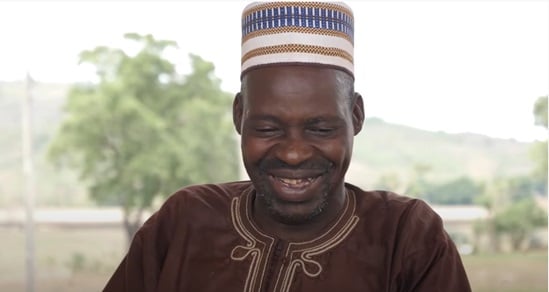
Global report on health equity for persons with disabilities
Achieving health equity through disability inclusion in the health sector
An estimated 1.3 billion people – or 16% of global population worldwide – experience a significant disability today. Persons with disabilities have the right to the highest attainable standard of health as those without disabilities. However, the WHO Global report on health equity for persons with disabilities demonstrates that while some progress has been made in recent years, the world is still far from realizing this right for many persons with disabilities who continue to die earlier, have poorer health, and experience more limitations in everyday functioning than others. These poor health outcomes are due to unfair conditions faced by persons with disabilities in all facets of life, including in the health system itself. Countries have an obligation under international human rights law to address the health inequities faced by persons with disabilities. Furthermore, the Sustainable Development Goals and global health priorities will not progress without ensuring health for all.
The WHO Global report on health equity for persons with disabilities:
- brings health equity for persons with disabilities to the attention of decision-makers in the health sector;
- documents the evidence on health inequities faced by persons with disabilities, and the contributing factors; and,
- makes evidence-based recommendations for country-level actions to address these gaps.
Urgent action is needed
The report calls on WHO Member States to take action to advance health equity for persons with disabilities. It also invites civil society, including organizations of persons with disabilities, and other health partners, to collaborate and advocate for the implementation of the recommendations included in the report and achieve the highest attainable standard of health for all. It offers 40 targeted and comprehensive actions that countries can take to strengthen their health systems and reduce health inequities for persons with disabilities. Regardless of context and resources, all governments and health sector partners need to commit to firstly including health equity for persons with disabilities at the centre of health sector actions; secondly empowering and including persons with disabilities; and thirdly monitoring the outcomes for persons with disabilities.
The executive summary is available in Chinese, English, French, Russian and Spanish. Kindly note that translations in Arabic and Polish, and an EasyRead version will be available soon.
Feature stories
Resources
Videos
Other resources









